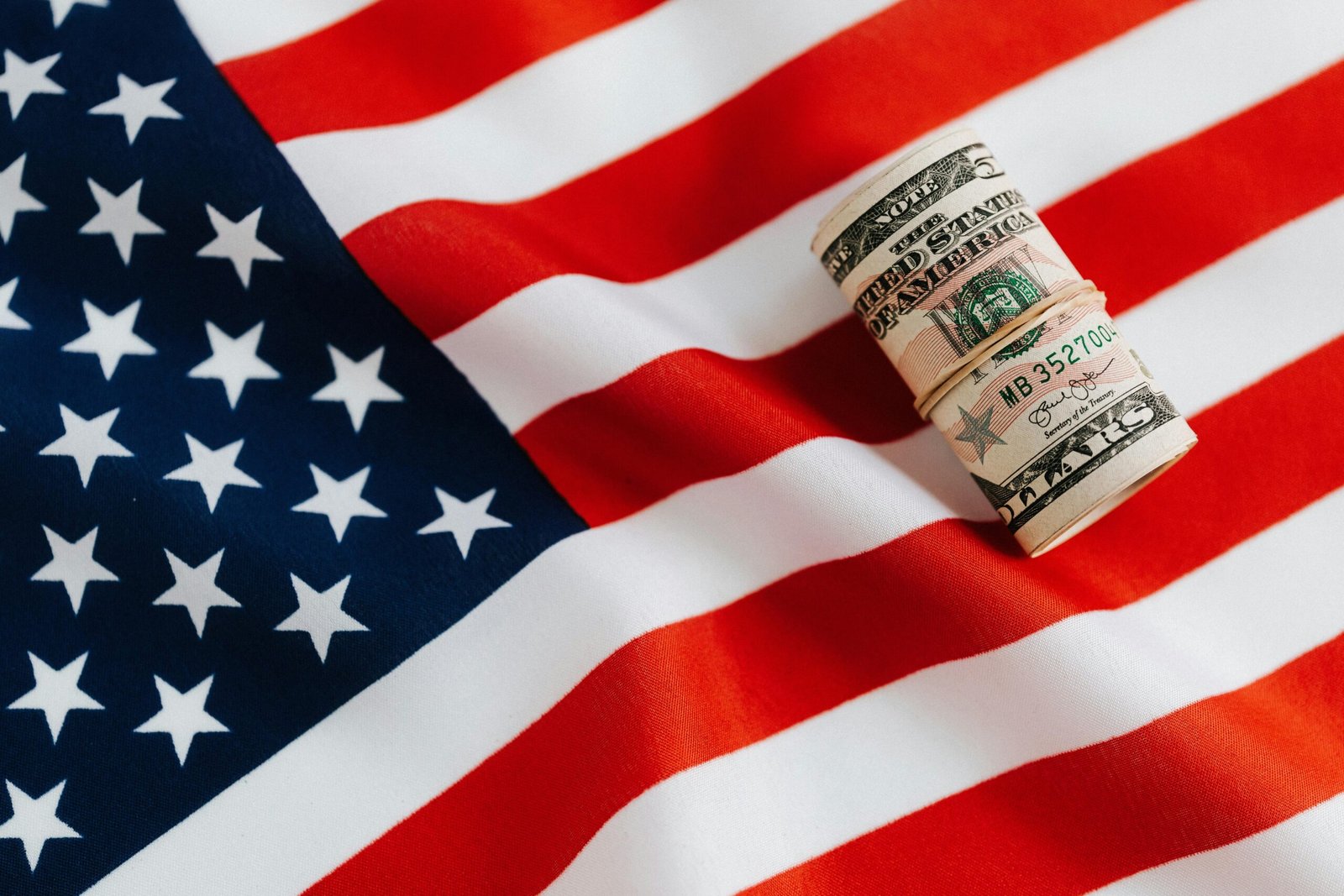Breaking News
Popular News




Enter your email address below and subscribe to our newsletter

What is a business emergency fund and why is it more crucial than ever in 2025? At bit2050.com, we believe that a strong financial safety net is not just for personal finance—it’s also vital for the survival and success of every business.
Whether you’re a freelancer, small business owner, or startup founder, building a business emergency fund could be the smartest move you make this year.
A business emergency fund is a dedicated reserve of money set aside to cover unexpected business expenses such as:
Sudden drop in sales
Equipment failure
Legal issues
Employee layoffs
Supply chain disruptions
Rent or utilities during a slow month
Think of it as a financial buffer that allows your business to stay afloat without taking loans or panicking during crises.
Here’s why an emergency fund is non-negotiable for modern businesses:
| Reason | Benefit |
|---|---|
| Cash Flow Protection | Keeps your business running when income stops |
| Avoids High-Interest Debt | Reduces reliance on credit cards or loans |
| Peace of Mind | Enables better decision-making during hard times |
| Business Continuity | Helps you cover salaries, rent, and vendors |
| Investor Confidence | Shows you’re financially responsible |
A good rule of thumb is to save 3–6 months of operating expenses. For example, if your business costs ₹50,000 or $1,000 per month to operate, aim for ₹1.5L–₹3L ($3,000–$6,000) in your fund.
The ideal amount depends on:
Your industry (seasonal vs steady)
Business size and scale
Monthly fixed costs
Revenue volatility
Keep your emergency fund:
In a separate business savings account
Easily accessible but not too tempting
Earning some interest (e.g., liquid mutual funds or high-yield business savings accounts)
Avoid locking it in long-term FDs or risky investments.
Analyze your monthly business expenses
Set a target (e.g., 3 months’ worth of expenses)
Create a dedicated savings account
Contribute regularly (monthly, from profit)
Avoid withdrawals except for real emergencies
A business emergency fund is for covering business-related crises (like rent, salaries, or repairs), while personal savings are for your individual expenses.
It’s risky. While credit cards are helpful in cash crunches, they can lead to high-interest debt. An emergency fund is your first line of defense.
Absolutely! Freelancers have unpredictable incomes. A small reserve can keep you stress-free during lean months or client delays.
Review it quarterly or after major business changes to ensure it’s still adequate.
business emergency fund, freelance finance, startup money tips, how to save for business emergencies, bit2050, financial planning, emergency savings
A business emergency fund is your safety net in uncertain times. Whether you’re managing a solo venture or a growing team, this fund ensures continuity, stability, and peace of mind.
Want more smart money tips like this? Head to bit2050.com—your ultimate resource for financial literacy, crypto, investing, and smart business money moves in 2025 and beyond.